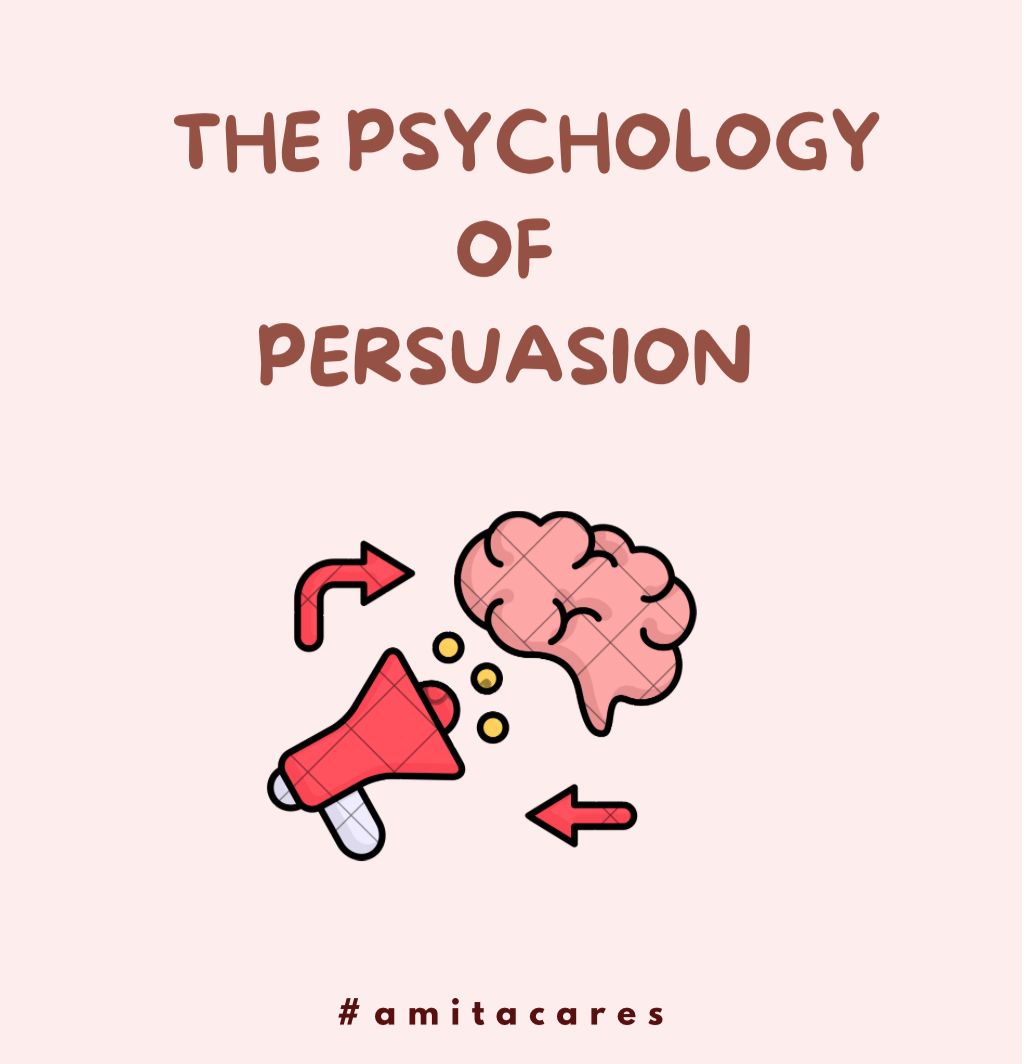
Persuasion is a powerful tool that can be used to influence others’ thoughts, behaviors, and decisions. While it may seem like a complex art, understanding the underlying psychological principles can help us become more effective persuaders.
One key principle is reciprocity. People are more likely to comply with a request if they feel obligated to reciprocate. This can be as simple as offering a small favor or compliment before making a larger request.
Another powerful technique is social proof. People often look to others for cues on how to behave. By highlighting the popularity or endorsement of a product or idea, we can increase its appeal. This is why testimonials and reviews are so effective.
Finally, scarcity can be a powerful motivator. People are more likely to value something if they perceive it as limited or exclusive. By creating a sense of urgency or scarcity, we can increase demand and encourage action.
While these techniques can be effective, it’s important to use them ethically and responsibly. Persuasion should be used to benefit others, not to manipulate or deceive. By understanding the psychology of persuasion, we can become more effective communicators and leaders.
Kanishka
